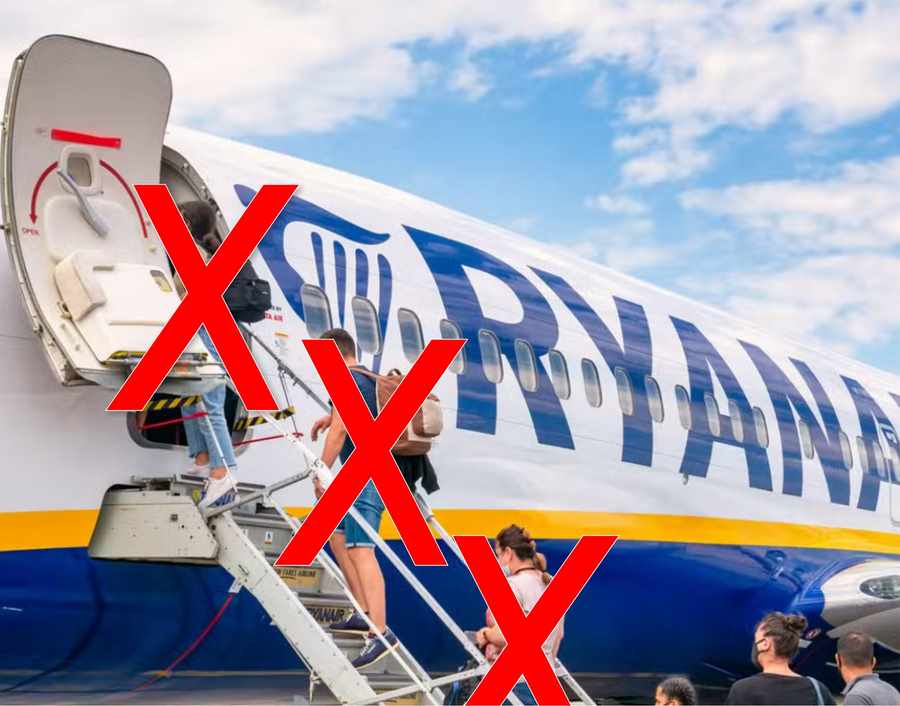It has just been made public that strikes by Ryanair staff will last for as long as five months! And they will be regular walkouts.
Strikes by airline workers are something we have become used to during this year’s holidays. They have been announced by both Ryanair, easyJest and Lufthansa employees.
So far, they have only been scheduled for weekends. This is still a huge inconvenience for passengers – many of our flights have been cancelled or delayed.
The worst situation, however, is for Ryanair staff who work at airports in Spain. During the holiday and early autumn period, this is an extremely popular destination – not least for those planning to fly out of the UK.
The unions there have taken a dramatic decision – we are extending the strike. And to a scale never seen before in history, at least not in the aviation industry.
What are the Ryanair workers in Spain planning? Starting 8 August, they will go on strike from Monday to Thursday, every week until January 2023!
This is no joke! Every flight scheduled for this period could potentially be cancelled or delayed. This is because there will be no one to operate such a flight!
What is the reason for this decision? Ryanair employs its staff according to Irish law, which is where the low-cost carrier is based.
And the Spanish workers want to be employed under local law. Without going into too much detail, the dispute is over the number of paid days off and salaries. The unionised workers are demanding an increase of two extra salaries per year.
Ryanair is in no hurry to meet these demands. The dispute has been going on for some time and, in the absence of a compromise, the decision has been taken to strike en masse.
Will this state of affairs persuade Michael O’Leary to resume talks with his employees? We expect so – for the airline’s losses will be huge.
Experts still fear that if a compromise cannot be reached, the decision to strike may also be taken by those working in solidarity in other regions.

